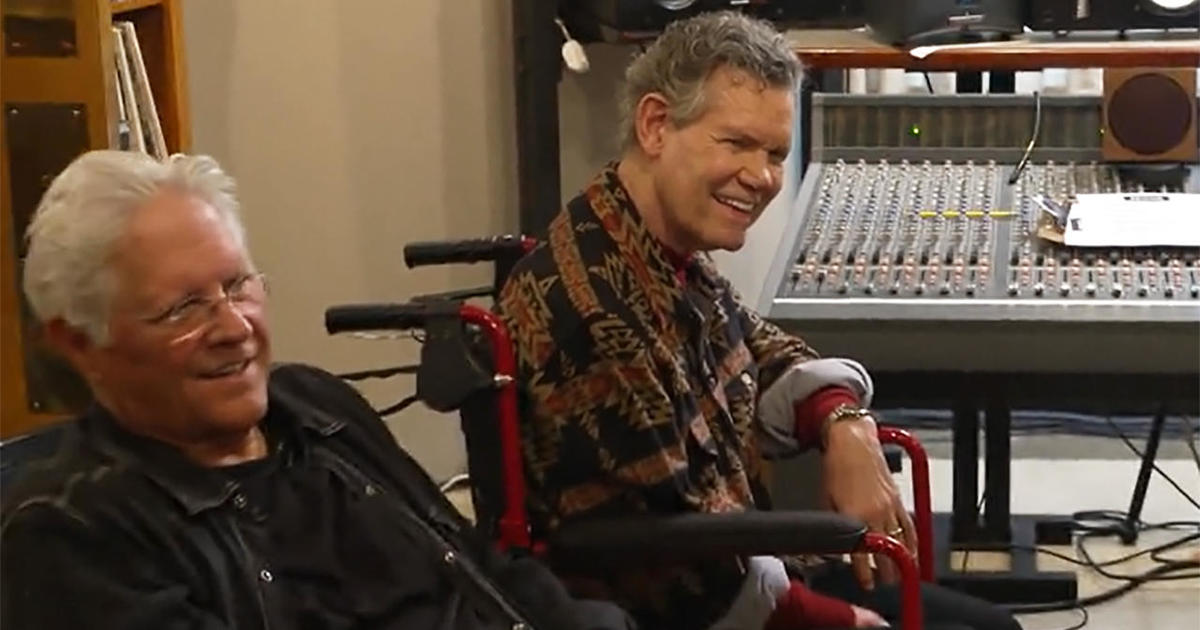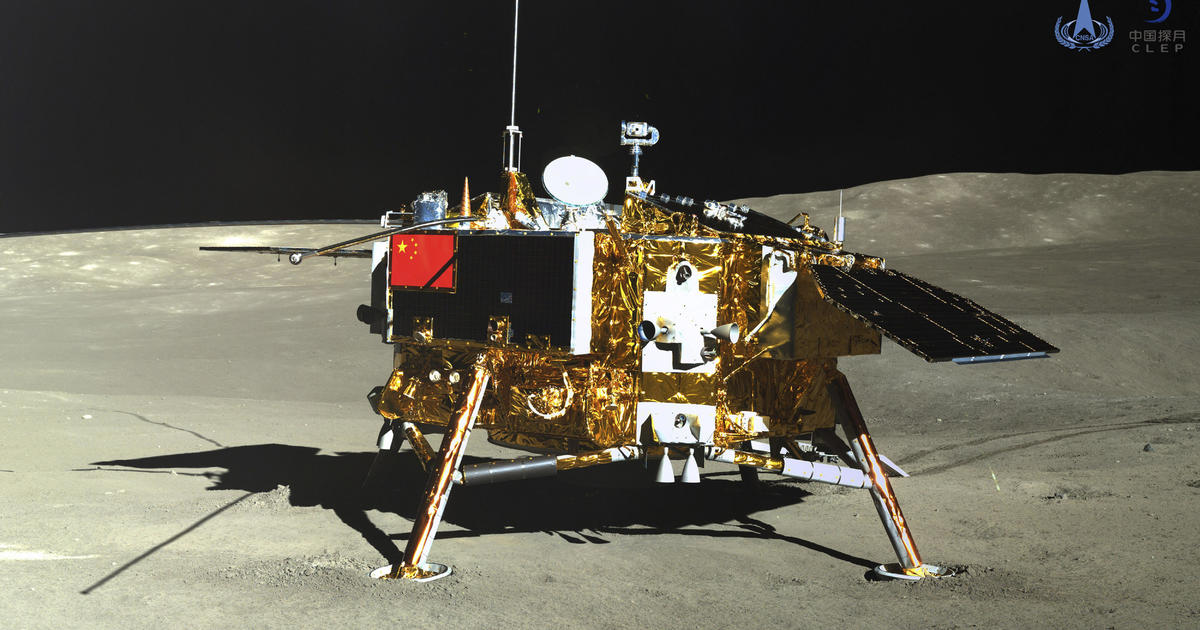Inside NASA's restored Mission Control: Welcome to July 1969
Fifty years ago next month, astronaut Neil Armstrong became the first human to set foot on the moon. Now, NASA's Johnson Space Center in Houston is celebrating the reopening of Mission Control, the command post that helped get him there. "CBS This Morning" got an exclusive look inside the three-year, multimillion-dollar renovation.
Armstrong walked in the sky because of legendary flight director Gene Kranz and his NASA team. In the Apollo era, Mission Control was one of the most famous rooms on Earth – but when CBS News met Kranz in August 2017, it was in ruins. Kranz pointed out that he used to have an abort switch, but it wasn't there anymore, and that the displays no longer worked.
Now 85, Kranz's mission became renewing the room. "This is a place where we battled to achieve the high ground of space," he said. "Carpeting was held together with yellow duct tape. I'd walk into the consoles, pieces were missing."
The project was part restoration, part scavenger hunt. Workers custom-made new carpeting and paint to match the period and scoured for artifacts that matched historical photographs. When workers found cigarettes in the consoles, they saved them and put them in ashtrays.
"My contractor went out and she literally was on eBay and thrift stores and antique shops tryin' to find every single one of these pieces," said Sandra Tetley, a NASA historic preservation officer.
Kranz helped raise $5 million to pay for the renovation – and he got his abort switch back.
"All of a sudden, it had energy," he said. "It possessed, you know, the capabilities that we said, 'I wanna go down there and punch some buttons.'"
Even a half-century after Apollo 11, visitors in the room can imagine Kranz and his team responding to "Houston, we have a problem." "I want 'em to feel when they walk back in that door that they have stepped back into time," Tetley said.
Kranz said the space feels sacred again. "This was the start of not only space revolution but the technology revolution within our nation," he said. "And I think as people come in here, they have to recognize this is where it all began."



